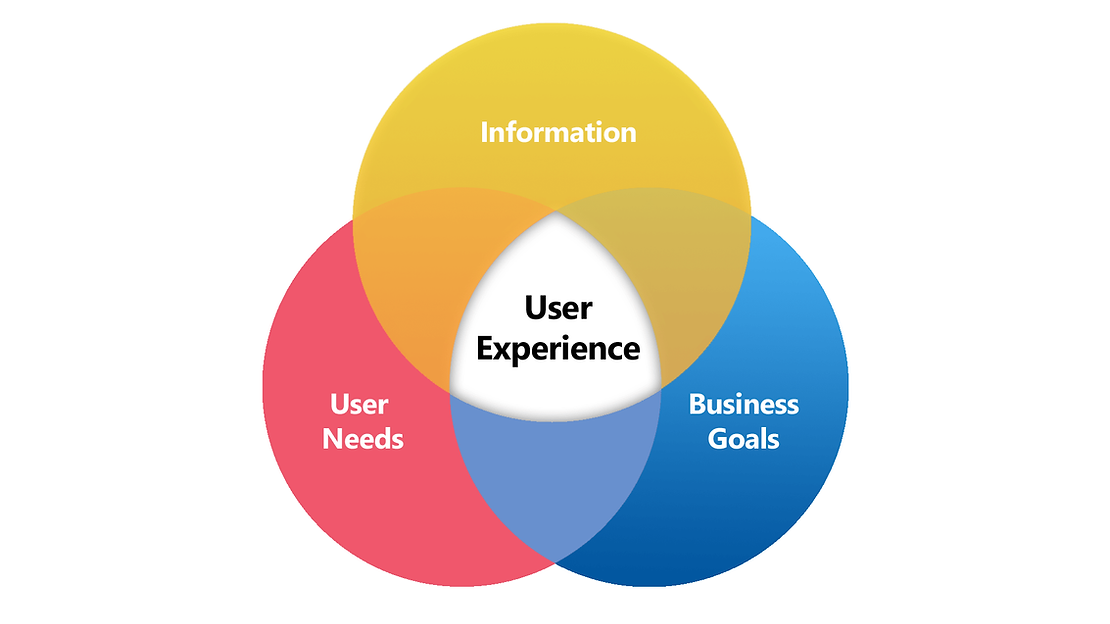India’s financial sector is undergoing rapid transformation, driven by digitalization, shifting customer expectations, and evolving market dynamics. Today, customers are not just comparing banks to banks, they are comparing every experience to the best digital service they’ve had, regardless of industry. As a result, financial institutions are under increasing pressure to deliver seamless, intuitive, and personalized interactions. To stay competitive and build lasting customer loyalty, the financial services industry (FSI) must rethink how it manages relationships. This is where a powerful platform like Salesforce steps in, driving digital transformation in financial services.
As we explore how digital tools are reshaping the financial services landscape, it’s crucial to acknowledge the hurdles that still stand in the way.
Key Challenges in Delivering Modern Financial Experiences
Banks and financial institutions that have been around for decades typically rely on legacy systems that are difficult to update. And these outdated systems make it challenging for businesses to add new communication channels and meet customers’ desire for more digital experiences. A lot of financial institutions often struggle with knowledge management systems that are not integrated or lack comprehensive information.
Customers expect seamless and consistent experiences across various communication channels. However, many financial institutions struggle to provide integrated multi-channel support.
The Solutions Salesforce Brings
Salesforce plays a pivotal role in helping financial services organizations navigate this digital disruption. It offers a connected platform that allows them to intelligently handle their sales, engage with customers effectively, and streamline their business operations while adhering to strict industry regulations. Salesforce also empowers financial institutions with AI-driven financial advisory services, enabling data-driven insights and automation.
Financial Services Cloud, one of the most impactful products from Salesforce, has played a vital role in addressing customer relationship needs. It has been designed to support wealth management, retail banking, commercial banking, and insurance carrier markets.
Key Features and Benefits of Salesforce Financial Services Cloud (FSC)
- One of the standouts features of Salesforce Financial Services Cloud is the unified client profile, which aggregates client data from multiple sources. This profile provides financial advisors with a comprehensive view of each client’s financial goals, and interactions. FSC offers a comprehensive 360-degree view of clients, thereby making the experience more personalized.
- FSC allows efficient portfolio management, performance tracking, and personalized investment advice through specialized tools tailored for wealth management.
- FSC enables the extraction of valuable insights from customer data through customizable dashboards and reports.
- Salesforce Financial Services Cloud automates the onboarding process by streamlining Know Your Customer (KYC) requirements and other compliance tasks.
- Use generative AI to answer common customer queries through claim summaries. The claim summaries give an instant overview of the customer and their details, such as policies, premiums, coverages, and open claims.
- Salesforce Financial Services Cloud enhances client management, acting as one of the most effective fintech solutions for investment firms.
Extentia’s Role in Financial Services Transformation
Extentia leverages its deep Salesforce expertise to empower financial services firms with tailored solutions that enhance customer experiences, streamline operations, and ensure compliance. By implementing Salesforce Financial Services Cloud, we help institutions gain a 360-degree view of their clients, automate key processes like onboarding and loan management, and integrate with core systems for seamless data flow. Our focus on security, analytics, and client-centric portals ensures that financial organizations can build stronger relationships, make data-driven decisions, and stay ahead in a competitive market.
A case study with a major Indian financial company highlights how Extentia used Salesforce to deliver a configurable Loan Management System.
It improved operational efficiency and enabled rapid scaling across lines of business.
Recognizing the pace of change in the financial sector, our Experience Studio team had also come forward and released “Experience Design Trends Report” for the Fintech sector in 2024 to guide businesses in adapting to emerging industry shifts.
Conclusion
In the financial services sector, Salesforce has emerged as a catalyst for transformation, offering a suite of tools and solutions designed to address the industry’s unique challenges. As technology continues to advance, the future of financial services will undoubtedly bring new challenges and opportunities. Salesforce, committed to staying at the forefront of innovation, is likely to evolve further to meet the evolving needs of the industry.




